It wasn’t that long ago when news outlets were abuzz
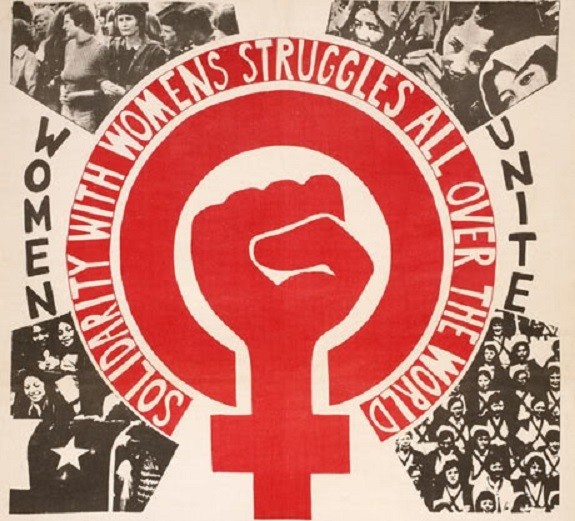
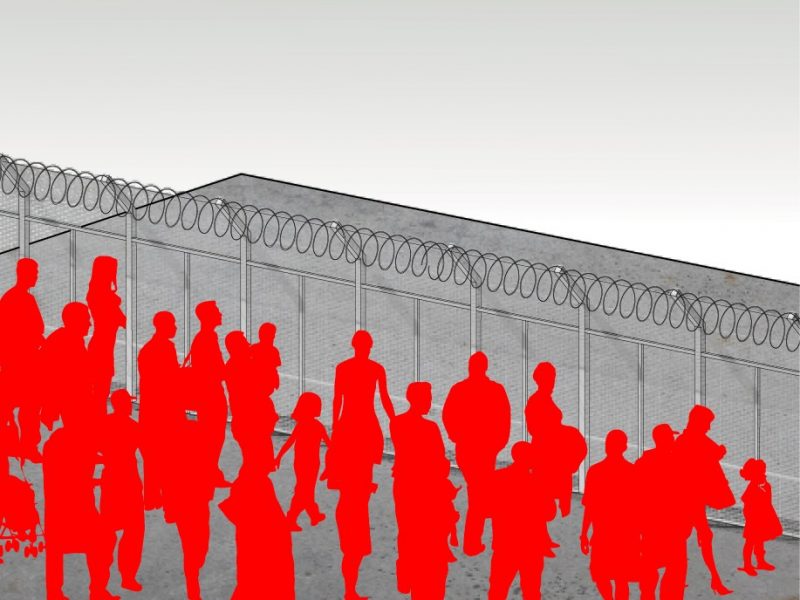
In this paper I want to link together two strands of literature that have often been considered separately…
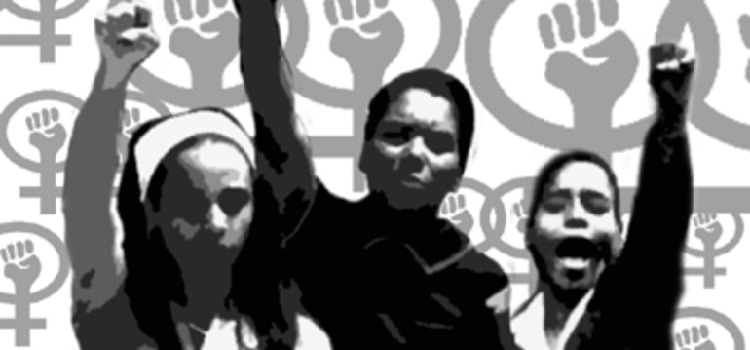
By Cinzia Arruzza
A few months ago on the New York subway I saw the most incredible poster, a picture of a crying baby of colour with the words, “Got a good job? I cost thousands of dollars each year”. While I was still recovering from the shock, I saw a similar poster of a little Black girl: “Honestly Mom… chances are he won’t stay with you. What happens to me?”
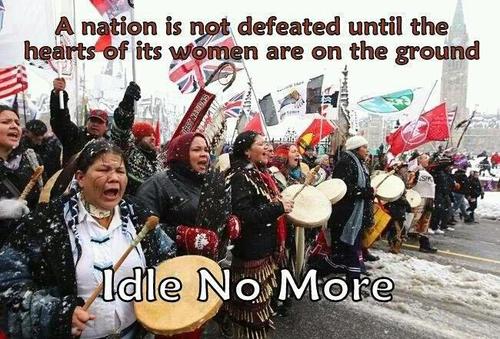
By Andrea Smith
“…Allegiance to ‘America’ or ‘Canada’ legitimizes the genocide and colonization of Native peoples upon which these nation-states are founded. By making anti-colonial struggle central to feminist politics, Native women place in question the appropriate form of governance for the world in general.” Andrea Smith, New Socialist, 2006
In the fall of 2012, four women – Sylvia McAdam, Sheelah McLean, Jessica Gordon, and Nina Wilson, began discussing the implications of the Harper government’s omnibus Bill C-45 for Indigenous rights and the environment. That discussion gave rise to an “Idle No More” Facebook page, followed by teach-ins and rallies in Saskatoon and Regina in November. A national solidarity day on December 10 was the catalyst for a movement that spread across the continent and provoked international expressions of solidarity. Chief Theresa Spence of Attawapiskat First Nation declared a hunger strike the following day, further raising the profile of the movement.
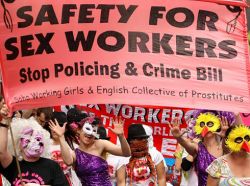
by Maurganne Mooney
Toronto’s Indigenous Sovereignty and Solidarity Network organized a series of events during Indigenous Sovereignty Weeklast November, including a panel on The Criminalization of Indigenous People. We’re bringing you a series of three contributions adapted from presentations by Jules Koostachin, Maurganne Mooney, and Christa Big Canoe. This is the second article in the series. The article by Jules Koostachin can be found here.
Many people don’t really understand the current state of law with regards to sex work. I use the term sex work, not prostitution, because I view it as work. It’s a type of labour, and people engaged in that labour deserve as safe working conditions as anybody else.
Currently in Ontario it is legal to work in prostitution or in sex work. But until recently, the practices for staying safe were criminalized. It was a violation of basic human rights here in Canada.

by Jules Koostachin
Toronto’s Indigenous Sovereignty and Solidarity Network organized a series of events during Indigenous Sovereignty Week last November, including a panel on The Criminalization of Indigenous People. We’re bringing you a series of three contributions adapted from presentations by Jules Koostachin, Maurganne Mooney, and Christa Big Canoe. The article by Maurganne Mooney can be found here.
In my work with the Elizabeth Fry Toronto, I oversee the volunteer program court service at the College Park provincial court. This program has volunteer court workers that assist clients through the court experience. We provide information and referrals to community resources. We provide clarification of the court process, and we also give referrals to lawyers, assistance with applying for legal aid.
It’s a preventative program using a restorative justice approach to ensure that clients do not get a criminal record for minor offences while making amends for their criminal behavior. This will most likely change with Bill C-10, which will effectively lead to more criminalization of women.
By Susan Ferguson
This article could begin pretty much anywhere, describing any number of contemporary fads that work to reproduce and reinforce our deeply (hetero)sexist Western norms and behaviours. Girls Gone Wild videos. Toddlers in Tiaras. Playboy bunny-stamped snowboards and cellphone covers. Sex bracelets that signal which sex acts the (inevitably female) wearer is willing to perform. Kiddie-thongs. Thongs.
By Adrie Naylor
The claim that economic crises and austerity have an uneven impact on the working class — with the greatest effects being felt by women and children — is one we hear often on the Left. However, with some important exceptions, this claim is all too often just an aside or a footnote.
On February 14, demonstrations commemorating hundreds of missing Indigenous women will take place in cities across Canada. In this article, activist Audrey Huntley reflects on the shameful reality of the way in which violence against Indigenous women is normalized in our society, and describes movement-building being spearheaded by organizations and coalitions across Canada, with a focus on the Toronto-based No More Silence — NSW
By Audrey Huntley
By Fathima Cader and Sumayya Kassamali
The high-profile Shafia quadruple-murder trial and the media coverage of the trial and its verdict make this article very timely. They only confirm the authors’ argument that the Islamophobic outlook sees Muslims as uniquely sexist and violent. — NSW
By Harsha Walia
The very same grassroots community of women who have been advocating for a public inquiry into the deaths and disappearances of women in the Downtown Eastside for over two decades are now denouncing the BC Missing Women’s Commission of Inquiry as an insult to the women of this Vancouver community.